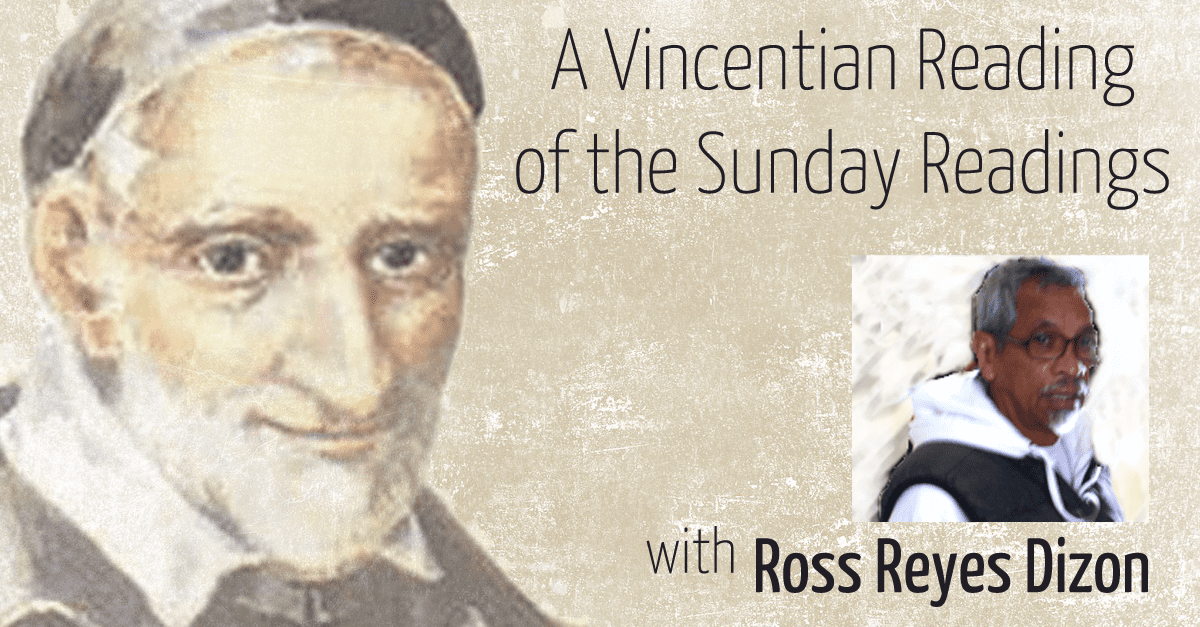Lead God’s Flock in the Same Way as Jesus
Jesus shows what God does to lead his flock. And so, he also gives a model for his shepherds.
The crowds longed for someone to lead them out of the mess, a Messiah to guide a people in trouble. But they ended up disappointed since they did not want a suffering Messiah.
But John’s Christians, for their part, do not turn their backs on Jesus; they embrace him. For they believe that he is the Messiah, the Son of God, and that they have life in his name (Jn 20, 31). And only in his name.
In other words, they understand the matter of his passion and death that they found hard to believe before. They now grasp that Jesus’ cross and glory comes hand in hand.
Hence, the mess that strife begets brings these Christians to Jesus. They trust him. He knows the way out of the crisis. He will lead his flock, so it goes ahead toward the goal. For not to go ahead is to fall back (SV.EN II:146).
And to go ahead, one must know that the cross is not negotiable. Jesus makes clear that “he is” as they lift him up (Jn 8, 28); he is one with the One whose name is, “I am who am” (Ex 3, 14).
The way Jesus and his true shepherds lead the flock
Jesus, of course, can only lead the flock in the way that matches his teaching. And he teaches that he is here to serve and to give his life as a ransom for all. He also embodies such teaching.
So, for Jesus, to lead the flock means to give his life for his sheep. He loves others more than himself; he deems them better, very dear. No one loves them more than he (SV.EN XII:216). That is why he does not bail on them in times of danger; far from him to flee to save himself. He is there for others; to save them, he loses his life. But then, he finds it (Mt 10, 39).
The hireling, for his part, is there for himself. He flees at the first sign of danger. Such leader of the people, president, senator or bishop, is not a Christian even if he says he is. His lack of empathy gives him away as fake shepherd who divides.
For the shepherd, too, to lead the flock means to care for all the sheep, even for those out of the fold. But most of all for the sick and lost. This means that the shepherd and the sheep know each other and are one.
Hence, those whom he calls to be shepherds are to address the people’s troubles (CD 13). And they should care especially for the poor and the weak. Of course, they should be among those who serve, “good shepherds who know their sheep and whose sheep know them” (CD 16).
Lord Jesus, grant that the leaders of the people lead as you do. Give them simple hearts, empty of all guile (SV.EN XII:143). May they be able to say sincerely (2 Cor 12, 14. 15), “I want not what is yours, but you. I will spend and be spent for your sakes.” And may they love so as to be ready to give up their bodies and shed their blood. So, they will mirror your love, the Father’s love.
25 April 2021
Fourth Sunday of Easter (B)
Acts 4, 8-12; 1 Jn 3, 1-2; Jn 10, 11-18







Good points to make, Ross.